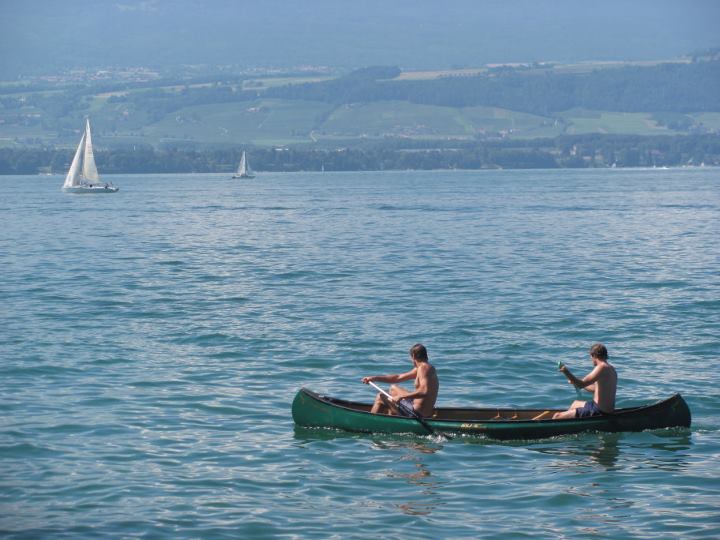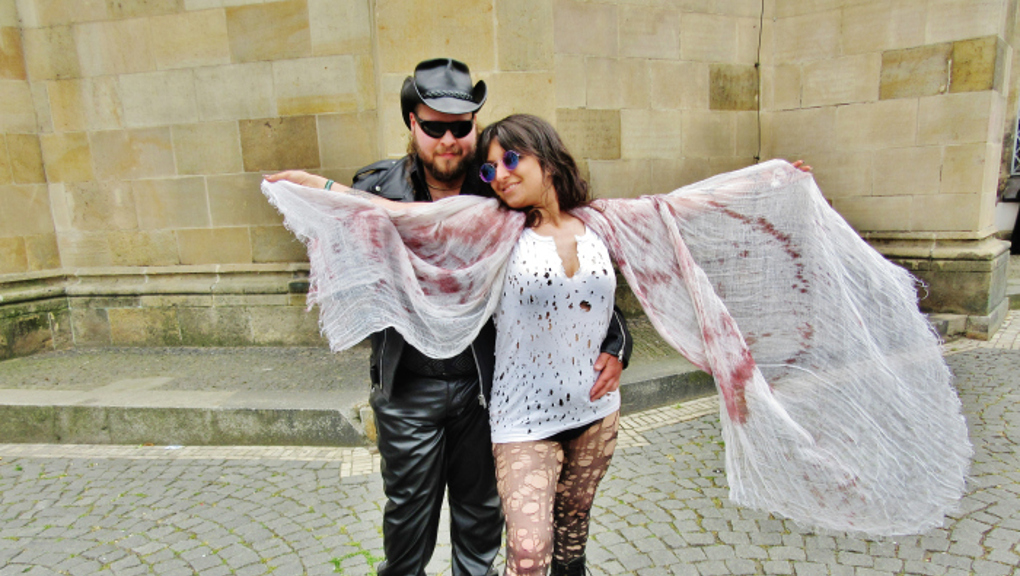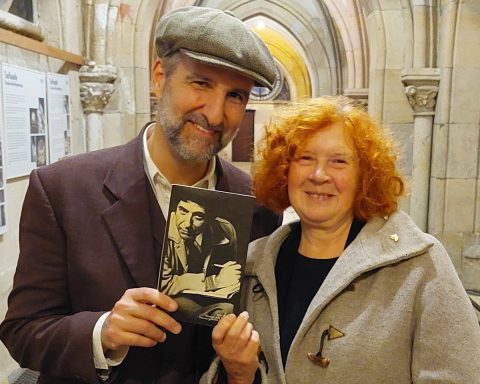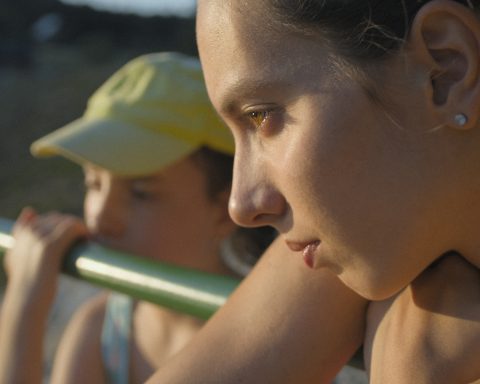
It’s not necessarily easy to land an internship with the United Nations system. And it’s not only because it’s competitive and you often need to “be at the right place at the right time” or “know the right people,” but also because it’s expensive. Sure, you don’t have to pay to intern with them, but the norm is you don’t get paid anything as an intern there. So you have to pay to get to the city where you’re going, sometimes across the world, and then support yourself once there. Which is no walk in the park, to say the least, in places like Copenhagen and Geneva, where the only inexpensive item seems to be naturally occurring oxygen. Which means the average person (i.e. without rich parents, sufficient savings, a scholarship, or ability to leave their job or put it on hold to take an unpaid gig with not much of a prospect for a position afterwards) is usually out. They’re unable to even get in the door of the exclusive club of the very international organizations preaching empowerment and “human development.”

Those two are precisely the cities where I happened to get internships, both with the World Health Organization. Luckily, I had a scholarship that covered my Master studies tuition and basic living expenses, as well as some savings I had accrued over the past decade. I had no connections at the WHO; but, also luckily, I decided to go with a friend one evening in early 2011 to a happy hour in Copenhagen where we knew some UN people would be hanging out. This friend of mine is quite charming, and impressed someone to the point where she got an internship offer on the spot, plus some other internship ads via e-mail. (Yeah, she’s one of those people.) She forwarded me one of the ads, I responded to it, and ended up getting an internship as well after being interviewed at their office, at WHO/Europe. I then had a very productive unpaid six months with their Web team – helping make social media campaigns, videos and podcasts. While at it, I warded off the boredom of not having an actual job and only having one class left at Roskilde University. I made nice acquaintances. I added an attractive line to my curriculum vitae. But by the end of it, I knew there was most likely no point in hoping for a job, in light of the big financial crisis the organization was undergoing, and the depressingly temporary contracts people were being put on when they were fortunate enough to be hired. Similar story at other UN organizations, according to friends of mine who’ve interned and worked for them.

Still, I decided I wanted to do it again. I wanted to get away from Denmark for the summer, so why not try to go to Geneva, to the WHO headquarters there. They have one of the biggest internship programs in the UN system, with some 250 interns coming in the summer I applied (2011), having a variety of hands-on experiences, fewer or more opportunities, more or less access, their own fixed desk and computer or not even that. I put my name and info into a WHO database and somehow caught people’s attention. One of the several offers I surprisingly got, and the one I’d eventually go for, came from the organization’s ePORTUGUÊSe network. As part of a Portuguese-speaking team, I’d be helping take care of online platforms (i.e. a blog) aimed at spreading health-related and other information to and about the PALOPs, or African Countries of Official Portuguese Language. Another task would be to help assemble Blue Trunk Libraries to be sent to those countries.

Turns out I was given my own desk and computer. I brought in my experience with blogging and podcasting, got along very well with my fellow interns – from Brazil, Portugal and Mozambique – and came to admire my boss very much for her passion and drive. Even amid the financial crisis threatening many UN jobs with extinction, my boss kept engaging and pressing on assiduously. She kept teaching us all she could about the PALOPs, lent us books and made us do research, which was good for me, because I knew next to nothing about the former Portuguese colonies besides Brazil. A few years later in 2015, my former boss announced that WHO would do away with the Portuguese-language program and she’d be retiring; the outpouring of laments and support from health personnel in the PALOPs was impressive and touching (I still get the e-mails from their health information exchange platform). They all hoped there’d be a way to continue this important service in some way. But who knows how WHO figures out its priorities…

Once again I knew pretty quickly that my internship wouldn’t be evolving into a paid position. So I didn’t put much effort into trying to network with WHO staff or attend meetings during my two months or so there. I preferred to hang out with my fellow interns, and on the weekends blow all my money on traveling by train all over breathtakingly beautiful and pricey Switzlerland. And one time by bicycle all around the Geneva Lake (which I highly recommend), because I couldn’t afford to rent a car there. I did become quite interested in something beyond the internship and Switzerland, however: the countries we were dealing with in Africa. Especially Mozambique, because of its history and position in the “development cooperation” scheme and relations with Brazil, but initially because of my fellow intern and the things she’d tell me about her country. My friendship with her and the other lovely lady interns went well beyond the internship period, and I ended up staying with her for about three weeks in Maputo, doing research for my Master thesis. I’d spend the next four to five years writing about Brazil-Mozambique relations in academia, an idea I probably wouldn’t have had if I hadn’t met her and my former boss, and hadn’t gone through the internship in Geneva. So the benefit I got from it for my professional life was totally unexpected, unrelated to UN jobs in the end.

In sum, I recommend an internship with the WHO and UN in general if you can figure out how to afford it, get in the door and manage your expectations: I’d say go in with an open mind, and primarily the desire to meet interesting people from various countries and get to know new places and practices. Oh, and with the certainty you’ll have the chance to make your curriculum a bit shinier, of course, since the “UN” acronym still carries quite a bit of weight (besides the organization’s cumbersomeness). Everything else along (and beyond) the way would be a bonus.









![Wine & Paint event on 9 Nov. 2024 at Felix Restaurant, Leipzig. Photo: Florian Reime (@reime.visuals] / Wine & Paint Leipzig](https://leipglo.com/wp-content/uploads/2024/12/pixelcut-export-e1733056018933-480x384.jpeg)

